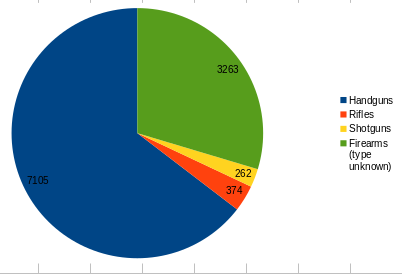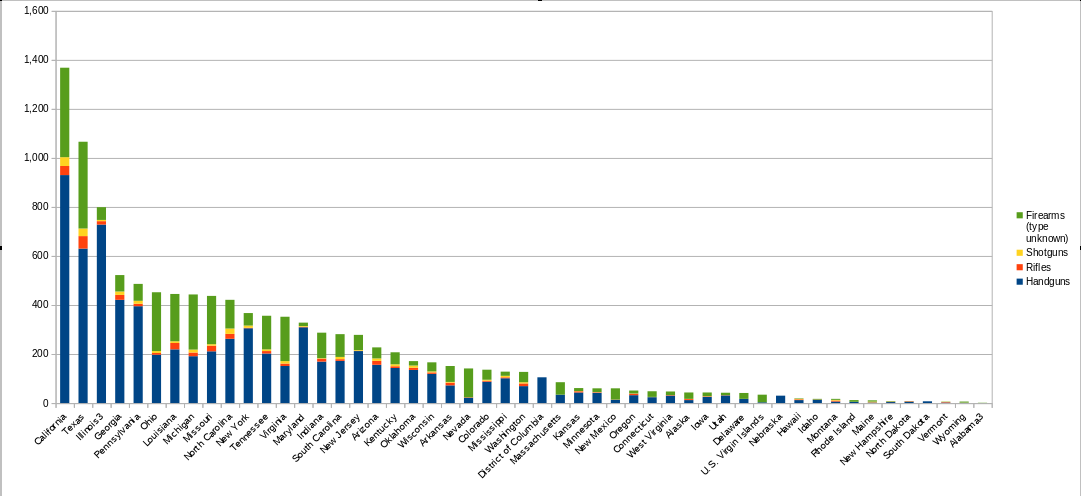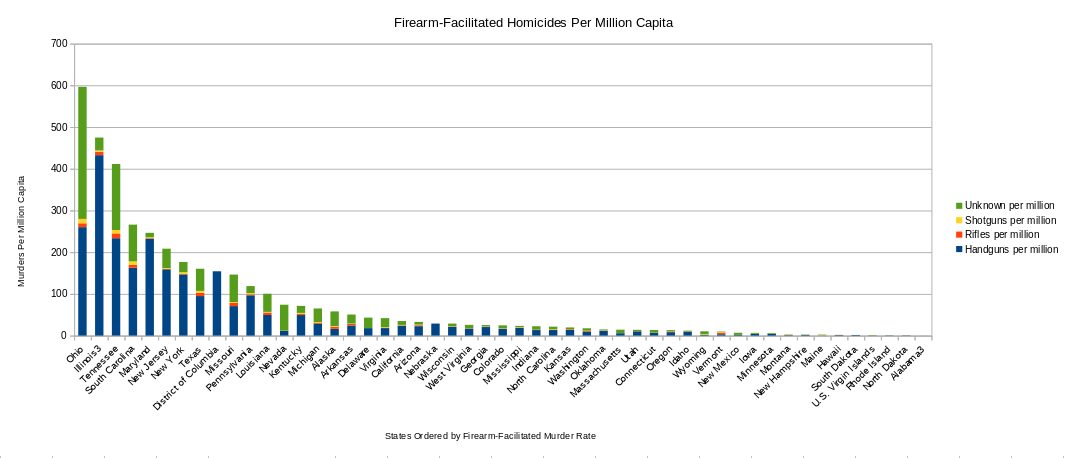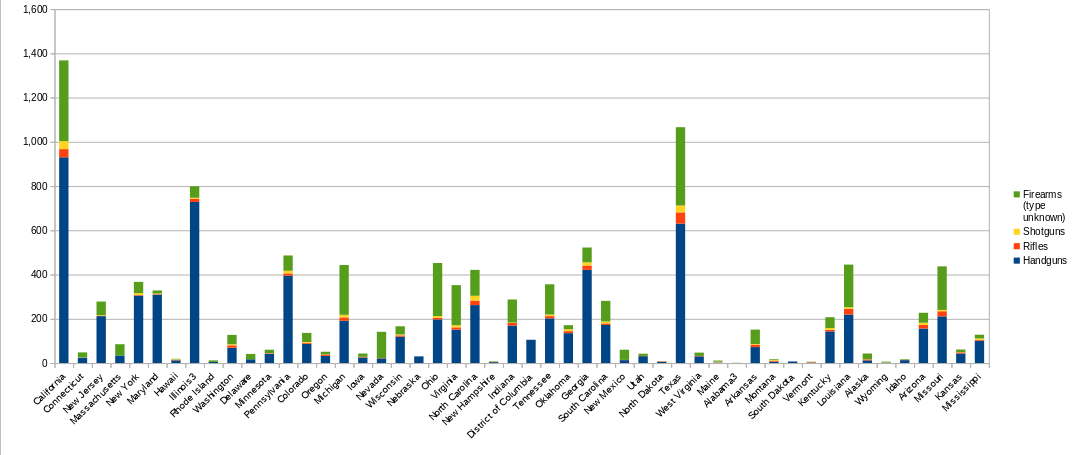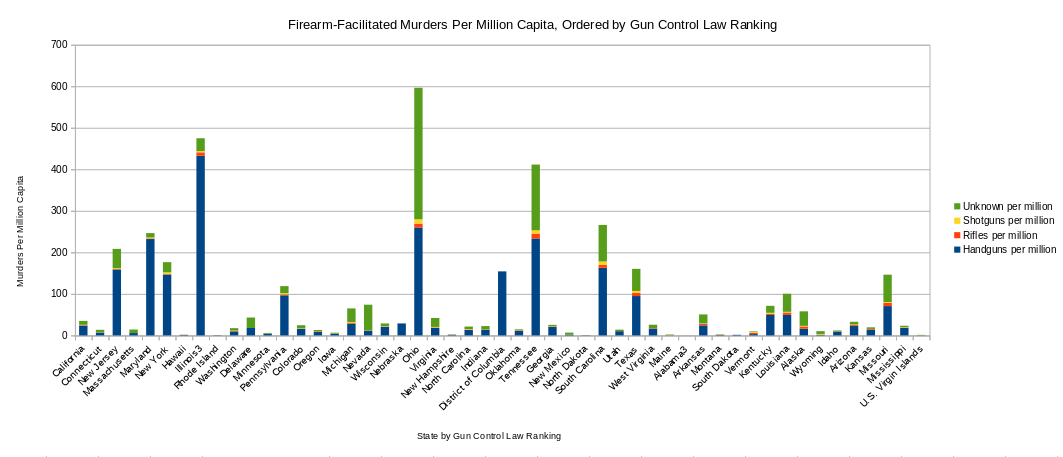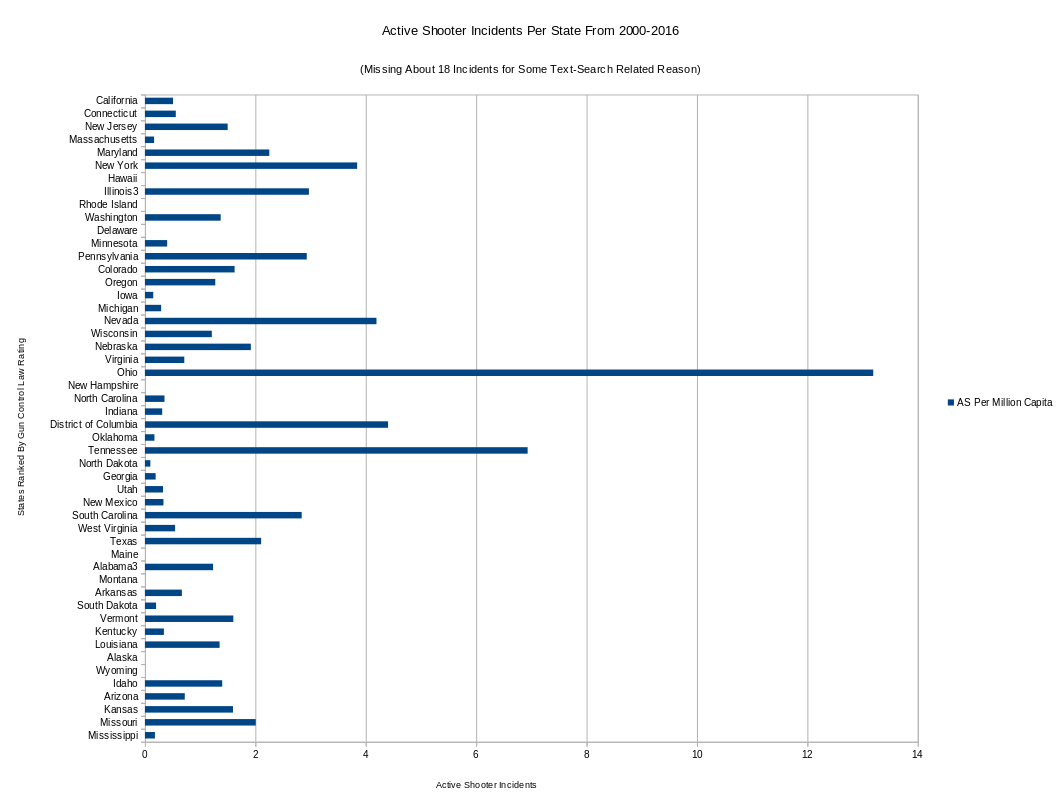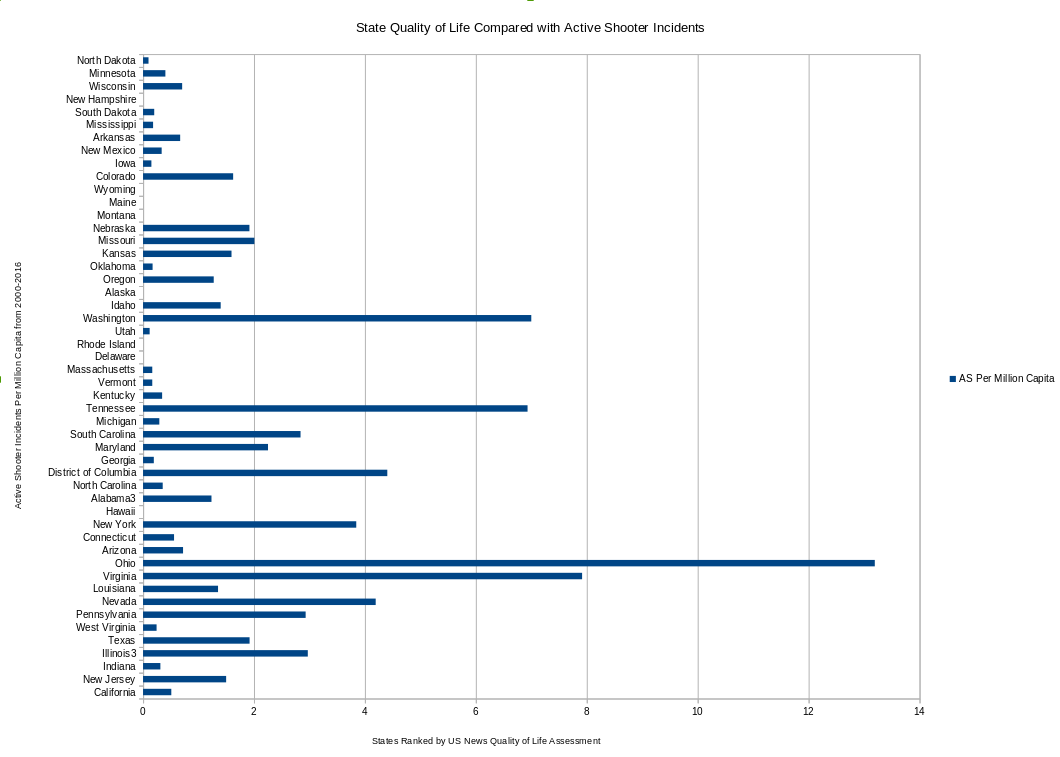Thoughts: “Notes from the Underground” by Dostoyevski
NOTE: This is a discussion of the work without regard to spoilers or any such thing. Honestly, I’m not sure what I write below would spoil it for anyone, but don’t read it if you are worried about such a thing. Read the book, first!
This is one of those books which, I must admit, were it not known to me that it is considered a classic work, I would have perhaps read the first few pages and given up on it. Superficially, it is a story cast as a sort of reminiscent soliloquy delivered by a pompous, arrogant, yet obviously insanely self-loathing, pathetic man. He’s so pitiable that it becomes, at times, embarrassing (on his behalf) and painful to read. The entire first half of the book is a series of rambling lectures whose subject matter comprises the topics typically encountered in allegedly-philosophically-inclined Internet forums; it’s a collection of partially thought-out, though not always entirely wrong-headed, glancing strikes across politics, social issues, ethics, and if it’s not overtly lamenting some personal problem of his, then it’s infused with an undercurrent of such lamentation. This gives way to the second half of the book which recounts a brief (on the order of a few days) period of time in the life of the main character whose rationale for selecting this personal history is never given.
Maybe the main point of the book can be summed up with a couple of passages. First, this one appears very early in the text (page 16 in my copy):
“but what do I care for the laws of nature and arithmetic, when, for some reason I dislike those laws and the fact that twice two makes four? Of course I cannot break through the wall by battering my head against it if I really have not the strength to knock it down, but I am not going to be reconciled to it simply because it is a stone wall and I have not the strength.
As though the stone wall really were a consolation, and really did contain some word of conciliation, simply because it is as true as twice two makes four. Oh, absurdity of absurdities! How much better it is to understand it all, to recognize it all, all the impossibilities and the stone wall; not to be reconciled to one of those impossibilities and stone walls if it disgusts you to be reconciled to it; by way of the most inevitable, logical combinations to reach the most revolting conclusions on the everlasting theme, that even for the stone wall you are yourself somehow to blame, though again it is as clear as day you are not to blame in the least, and therefore grinding your teeth in silent impotence to sink into luxurious inertia, brooding on the fact that there is no one even for you to feel vindictive against, that you have not, and perhaps never will have, an object for your spite…but in spite of all these uncertainties and jugglings, still there is an ache in you, and the more you do not know, the worse the ache.”
This is elaborated upon nicely in a subsequent, nearby passage:
“‘Well, even in toothache there is enjoyment,’ I answer. I had toothache for a whole month and I know there is. In that case, of course, people are not spiteful in silence, but moan; but they are not candid moans, they are malignant moans, and the malignancy is the whole point. The enjoyment of the sufferer finds expression in those moans; if he did not feel enjoyment in them he would not moan…Those moans express in the first place all the aimlessness of your pain, which is so humiliating to your consciousness; the whole legal system of nature on which you spit disdainfully, of course, but from which you suffer all the same while she does not. They express the consciousness that you have no enemy to punish, but that you have pain; the consciousness that in spite of all possible Wagenheims you are in complete slavery to your teeth; that if someone wishes it, your teeth will leave off aching, and if he does not, they will go on aching another three months; and that finally if you are still contumacious and still protest, all that is left you for your owng ratification is to thrash yourself or beat your wall with your fist as hard as you can, and absolutely nothing more.”
And that right there seems to me to suffice as the principal, if not sole, explanation for the motivations underlying the behavior of the main character. In all his humiliating ordeals he is perhaps best described as railing against an unreal enemy in the form of every aspect of reality which he encounters. One minute it’s his boss, the next it’s an old acquaintance (or less, even) who, himself, has nearly forgotten (or never even regarded the existence of) our main character entirely. Everywhere he rages against the world out of a deep-seated spite which, at least initially, I am inclined to assess as little more than the immature reeling of a petulant ass. Despite it all, he can never carry out any revenge against his non-existent foe, as he invariably recognizes that it is nonsense and does little in his attempts at “revenge” against his non-enemies other than humiliate himself, publicly or privately. His thoughts are a pitiful rampage fueled by an emotional disaster which seems to have accumulated over his lifetime until it has reached the point where we now find it, far beyond his control.
So why, you might ask, are we supposed to care about this miserable cretin? Well, the end of the book challenges us like so:
“I believe I made a mistake in beginning to write them [the notes composing this book], anyway I have felt ashamed all the time I’ve been writing this story; so it’s hardly literature so much as a corrective punishment. Why, to tell long stories, showing how I have spoiled my life through morally rotting in my corner, through lack of fitting environment, through divorce from real life, and rankling spite in my underground world, would certainly not be interesting…what matters most, it all produces an unpleasant impression, for we are all divorced form life, we are all cripples, every one of us, more or less. We are so divorced from it that we feel at once a sort of loathing for real life, and so cannot bear to be reminded of it. Why, we have come almost to looking upon real life as an effort, almost as hard work, and we are all privately agreed that it is better in books. And why do we fuss and fume sometimes? Why are we perverse and ask for something else? We don’t know what ourselves. It would be the worse for us if our petulant prayers were answered. Come, try, give any one of us, for instance, a little more independence, untie our hands, widen the spheres of our activity, relax the control and we … yes, I assure you … we should be begging to be under control again at once. I know that you will very likely be angry with me for that, and will begin shouting and stamping. Speak for yourself, you will say, and for your miseries in your underground holes, and don’t dare to say all of us – excuse me, gentlemen, I am not justifying myself with that ‘all of us.’ As for what concerns me in particular I have only in my life carried to extreme what you have not dared to carry halfway, and what’s more, you have taken your cowardice for good sense, and have found comfort in deceiving yourselves.”
There’s more of import to come, I think, but I want to stop there for a second. Clearly the author’s point is that the main character is a representation of something important in all of us, albeit “carried to extreme” what we “have not dared to carry hafway.” My interpretation of this is that we are being accused of being just as driven by aimless spite, drummed up against the world by the various unpleasantries with which it harasses us, as our pitiable protagonist, here. If we contest that we have matured beyond such a condition, it seems his argument will be that this is really only a cowardice which we are mistaking for good sense, and we are simply using it to deceive ourselves into thinking we are “mature” when, really, we have simply accepted the submission to the world against which he, on the other hand, pointlessly and senselessly rails. We aren’t more “mature,” he might say; we are simply afraid of lashing out as he does.
Of course, against that, there is the obvious defense: what, on earth, is he accomplishing? Is not a principal point of this work that the aimless spite instilled within him (and ostensibly, all of us) is without object? Could it be that, rather than cowardice preventing me from lashing out at others because my tooth hurts, it’s a recognition that this makes absolutely no sense, and that there are perhaps better means by which to address my emotional reaction to that pain in my tooth?
He continues:
“So that perhaps, after all, there is more life in me than in you. Look into it more carefully! Why, we don’t even know what living means now, what it is, and what it is called? Leave us alone without books and we shall be lost and in confusion at once. We shall not know what to join on to, what to cling to, what to love, and what to hate, what to respect and what to despise. We are oppressed at being men – men with a real individual body and blood, we are ashamed of it, we think it a disgrace and try to contrive to be some sort of impossible generalised man. We are stillborn, and for generations past have been begotten, not by living fathers, and that suits us better and better. We are developing a taste for it. Soon we shall contrive to be born somehow from an idea.”
Now, even if I take issue with the cowardice bit above, this passage seems to me to bear some important thoughts of whose value I have only recently begun to permit myself honest appreciation. I have been drawn to idealistic philosophy ever since I was introduced to the subject matter. First, it was Plato, then Plotinus, then the Stoics through Marcus Aurelius and Seneca, then American Transcendentalism through Emerson, then the Islamic Neoplatonism of Averroes and the Brethren of Purity, then the Din I Ilahi of Akbar the Great, and finally, I circled back to Immanuel Kant. But, in the middle of all that, just after Plotinus, I was introduced to Daoism, and in it, I saw something unique. It seemed of a kind to me with Cynicism, and these two philosophies became the most influential over me because of it.
What I think I detect in these two philosophies is a willingness to consider that we are not spiritually distinct from the world. On the other hand: Kant divides the noumenal and the phenomenal (albeit, not necessary metaphysically, but perhaps more as a conceptual tool), Plotinus places the Intellect closest to the One, and the Stoics aim for a perfect ability to control their intellectual lives in the face of any and all worldly opposition. In these philosophies, intellectual life is cleanly and neatly separated from the mechanical, phenomenal world in which everything else happens. The problem is: I don’t think that’s likely to be right, and we ought not to chase after the impossible.
I think that it’s true that fundamental to the human experience is consciousness, and I would argue that consciousness, itself, requires freedom of will. What is consciousness if it is not, at least, freely directed? Consciousness is the experience of that freedom in directing our actions and shaping the world. We are conscious only because we are free. If we were nothing but complex machines, as some would have it, the world would be invisible and unknown, for there would be no one to see it or know it. The machines could even operate as such perfect replicas of us that even we would be unable to tell the difference save for one fact: we are conscious of the effort to determine a difference, and they are not.
So I am very sympathetic to these various ideal and transcendental philosophies because, as they note, our freedom is of a nature that seems entirely distinct from the mechanical phenomena we observe; an apple does not choose to fall in the same sense that I choose to walk. However, I think it is an unwarranted reach to proclaim that the freedom at the foundation of my consciousness acts only through that consciousness, and not in the falling apple. Rather, I suspect that the same force which drives my consciousness also maintains the relationships in the world which cause the apple to fall. It’s just that the apple lacks the machinery of this body of mine, and therefore the control exerted over the apple is far less nuanced than the control exerted over this body of mine. It may yet be that there is one Mind moving the universe, but that its interaction with the things in the universe is limited to such a small amount of force, perhaps even solely comprising the apparently spontaneous behavior of subatomic particles, that there is no route through which the apple can be compelled to think. No adjustment of those spontaneous behaviors can cause that phenomenon. However, with a human brain, such a phenomenon is possible.
It’s a rough sketch of a theory of mine, but it is dear to me and I have developed it over the course of my lifetime. I suspect that, ultimately, Kant is correct in pointing out that no amount of evidence can be given to confirm or reject the hypothesis of our freedom of will. We will have to settle for a rationally justified faith derived from the extrarational apprehension of our freedom which forms the basis of every moment of our consciousness. Not only does it appear to us that we are free, but we have no choice but to believe that we are. We cannot recline and allow determinism to whisk us away, for without our consent, away we shall not go.
I suppose all of that is to set up this reflection: I think that Dostoyevsky is making an important point, but, if I understand him correctly, I disagree with the extent to which he takes it. I do agree that we ought not to deny the physical components of our humanity and insist upon our identity as a sort of idea, separate and away from such phenomena. However, it seems we may part ways when I think that instead, perhaps it is more accurate to believe that thought is the result of the intersection between Mind and matter; when the force of freedom meets the biology of man, our consciousness is the result therefrom. We must not be confused into the belief that this intellectual phenomenon is our ultimate spiritual identity; rather, it is the source of that freedom, to which I have been referring as Mind, which is perhaps our ultimate spiritual identity. As far as I have been able to surmise, if there is a God, it is this Mind, and, as so many mystics have concluded, I am distinct from it only insofar as “I” refers to this particular body and the life created by the Mind which directs it.
What I can take away from this work of Dostoyevsky’s is a reinforcement of my supposition that the physical body is of far more importance than the transcendental philosophies would have it be; the purity of the intellectual life which they hold as the ultimate attainment is no such thing, but rather the product of a well-tuned biological system and the diligence of Mind in its operation. To deny this leads to the expectation that we can achieve a perfect intellectual condition separate from any worldly affliction, but this, as we know from obvious tests, does not appear to be possible. Damage to the brain, for example, seems capable of preventing that ideal intellectual existence. Indeed, it may even change personalities severely.
But this need not mean to us that such damage is the end of the soul; it may simply be the case that these aspects of our existence which have been put on a holy pedestal are misplaced. The body will die, and with it, the personality and thoughts made possible by this body will go with it, but the Over-Soul, the Mind which shapes this world will not fade. It will simply continue to direct the world through the interfaces and machinery available to it. We need not ignore our toothache, but rather, perhaps we should absolve ourselves of a belief in a victim; perhaps we should see these bodies as valuable vehicles for life which, nonetheless, are temporary and always open to improvements. If we can both recognize these bodies as integral parts of our lives and identities, as we commonly consider them, and simultaneously appreciate the experience of those lives and identities as separate from our Soul, then maybe we can resolve the existential crisis with which our poor protagonist appears to be struggling without hope. We can embrace and enjoy being animals without abandoning our faith in the freedom of Mind. We need not, and ought not, as the protagonist laments, to condemn ourselves to divorce from life in favor of a literary fantasy.
I’m convinced we can faithfully pursue our ideas without reducing ourselves either to the ideas themselves or the bodies that seek their accomplishment.

